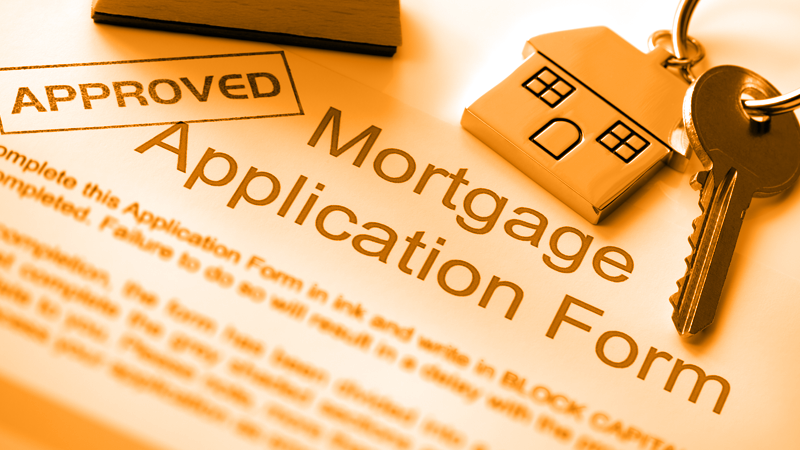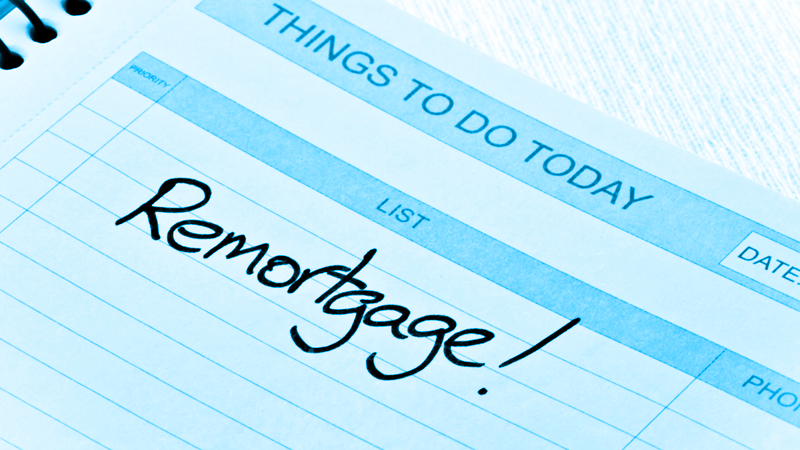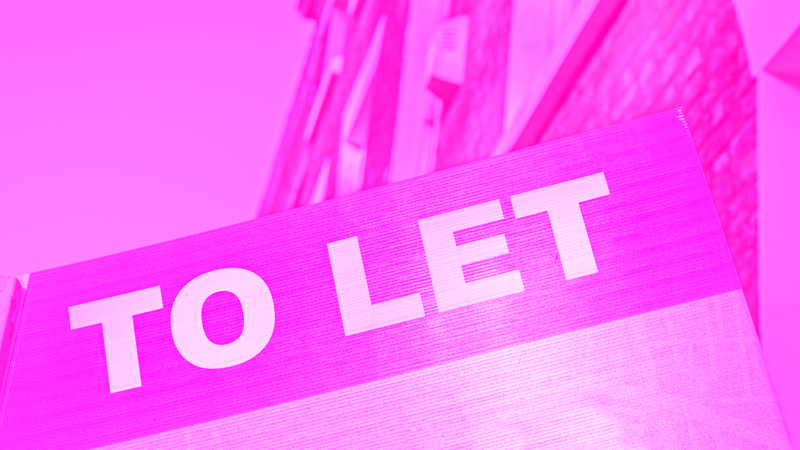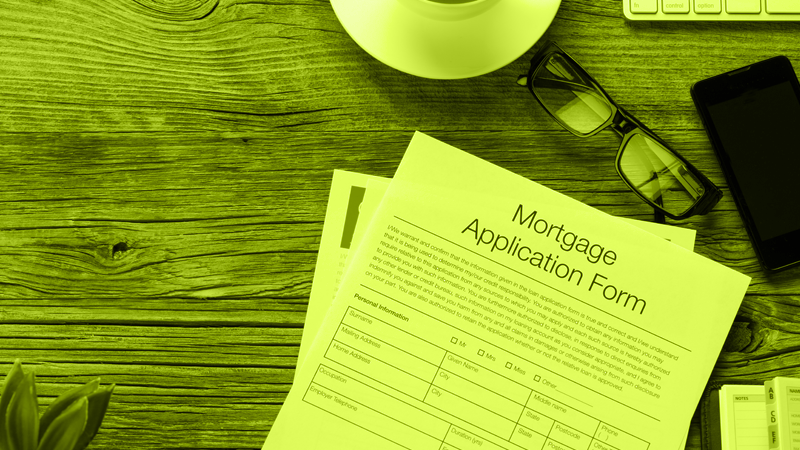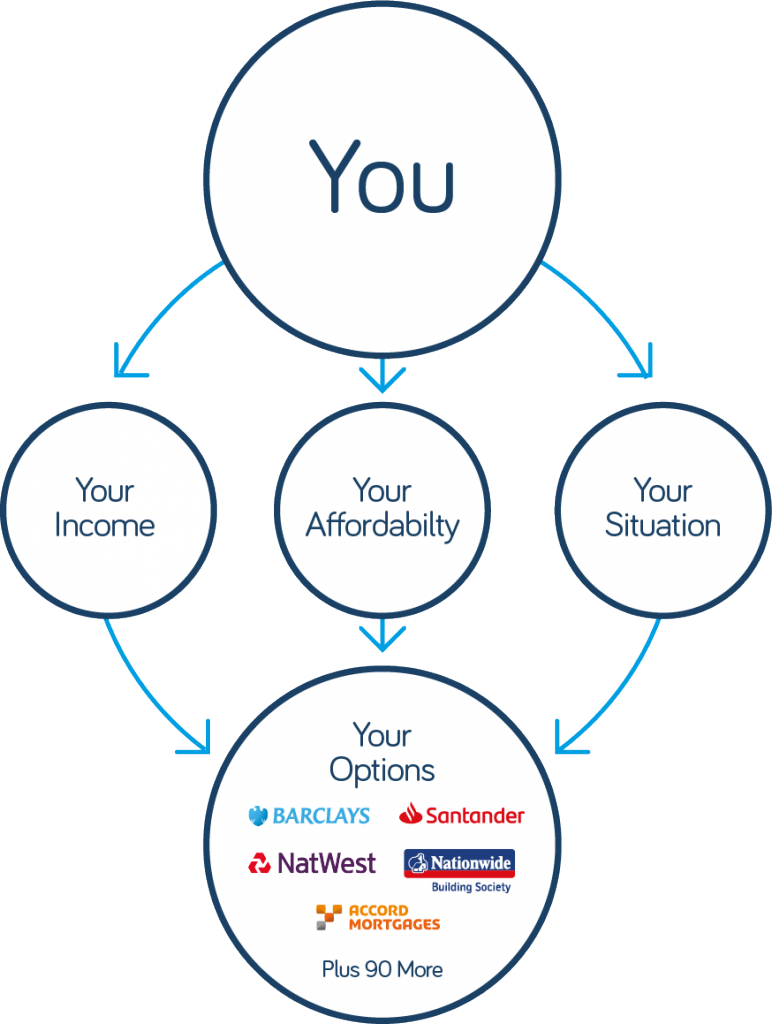There are many different types of loan out there, which may be useful in a variety of different circumstances.
However, arguably the most controversial type of loan is the payday loan.
This is intended to be a short term loan for those in incredibly difficult financial situations.
Their intention is simply to give you enough to get by until payday comes about. However, they can have insanely high-interest rates of higher than 1000%.
Here at Mortgageable, we’ve looked at the challenges that payday loans present when you’re applying for a mortgage, and how, if it’s possible to overcome them, to secure a bad credit mortgage.
What is a payday loan?
Payday loans is often a method of short-term borrowing for those looking for fast finance.
As a result, lenders that offer payday loans often charge interest rates that are incredibly high.
The loan is then repaid within a month, typically on ‘payday’, which is why they are referred to a ‘payday loans’.
Payday loans have a reputation for offering extreme interest rates, yet when people desperately need finance, they can be helpful.
Typically, payday loans are used in an emergency, i.e. when something happens out of the blue and the finances aren’t available until payday.
The interest rates on payday loans can exceed 1000%. It wouldn’t be financially wise to use them often, yet reported figures indicate that individuals tend that take out payday loans often do it multiple times.
So how do payday loans impact your ability to get a mortgage?
Can I get a mortgage if I’ve had payday loans in the past?
Whilst it’s impossible to argue that having one in your history is not going to be a good thing, it may be still possible to get a mortgage despite having a history of payday loans.
Make no mistake, it will make things harder for you as you won’t have as many options in terms of the type of mortgage you can go for, and you will probably have to go for a specialist lender instead of a high street one, who is likely to reject your mortgage application.
The best thing you can do is speak to a mortgage advisor who specialises in helping those in your situation.
At Mortgageable, we can look at your particular record and situation and give you the best advice for where to go for a mortgage and the steps you need to take to improve your credit report in order to increase your chances of being accepted for a mortgage.
We can also make you aware of the extra barriers that you will have to overcome.
You will almost certainly have to put down a higher deposit and if you have bad credit, you can expect to pay a higher interest rate on your mortgage.
It’s also unlikely that you will be given 100% of the money that you need for the house, instead, it can vary from 75% to 95% depending on the lender and the rest of your credit report.
Also, you may have less choice in terms of the lenders you will be able to pick from, and the type of mortgage plan you will be eligible to select.
How Long do Payday Loans Stay on your credit report?
Any type of late or defaulted loan payment will remain on your credit file for 6 years and that includes Payday loans.
Just like any type of borrowing the credit reference agencies treat them equally.
For a mortgage application, this may make it more difficult to be approved by a lender, but there may still be options available.
There will likely be less choice, but it all depends on your particular circumstances.
Why don’t lenders like payday loans?
The main reason why most mortgage lenders don’t like payday loans is that generally, they suggest that you’re irresponsible with your money, and you’re unable to live within your means, and manage your budget efficiently.
Many people who take out payday loans do so simply because they can’t wait to save up for something frivolous that they wish to have.
Of course, this isn’t always the case as you might have been put into that situation because you have fallen ill, or a horrible accident has happened in your home.
Unfortunately, a lot of lenders may not take this into account and just look at the fact you’ve taken out a payday loan.
Historically, some sites have stated that payday loans can actually be good for a mortgage application, claiming that if you can be shown to take out a payday loan and pay it back on time, it will show the lender that you’re good at managing your debt.
However, this information is false and can lead to your mortgage application being instantly rejected.
Even if you manage to pay it back on time, with as little interest as possible, any payday loan will have an effect on your mortgage application.
Mortgage lenders want to know that the mortgage will be repaid, and unfortunately, if you have a history of payday loans, you will be seen as a bigger risk.
This is because it will be assumed that you’re bad at managing your money, and therefore will be less likely to be able to pay them the amount that you have agreed.
For this reason, most high street lenders will just turn you away straight away if you have payday loans on your credit report.
What will be taken into consideration with my application?
Credit repayment history
Like any type of credit, taking out a payday loan will leave a mark on your credit report, where lenders will be able to see that you’ve had payday loans in the past.
Someone who once took out a payday loan will face much fewer obstacles than someone who has taken out several payday loans, been late on most of the payments, gone into default, declared bankruptcy, and gone onto a debt management plan.
You need to do what you can to ensure that the rest of your credit report is looking good, that way, it will be easier for lenders to overlook the fact it has payday loan on it.
But, it is important to remember that a payday loan will stay on your credit report for six years.
Note: Are you looking for commercial property but have a bad credit history? Bad credit commercial mortgages may be an option for you.
LTV
The LTV on the mortgage application is also considered – LTV refers to how your required loan is compared to how much deposit you have put down.
For example, if you have paid a 5% deposit, you will need a 95% LTV. For those with a good credit report, this is usually fairly straightforward to get.
However, for those who have taken out a payday loan, the LTVs available will be much lower, meaning you may have to get a bigger deposit. This will likely be something which you will need to discuss with your mortgage advisor.
How do I find out what previous loans I have had?
If you are unsure whether you have had a Payday loan in the past, or in fact any other type of loan, you can find out by checking your credit report.
The report will detail all of the data help about your history stored by the Call Credit reference agency.
Your report will a history of your borrowing in the last six years, including any Payday loans.
What if I’ve been declined for a mortgage already?
If you’ve already been declined for a mortgage, get in touch with us today.
We may be able to explain to you why it was that you were denied a mortgage the first time around, and what the best option will be for next time.
Perhaps the issue was with the particular lender that you went to, and you would have better luck if you had gone to another lender instead.
Or perhaps you need to work on improving the rest of your credit report in order to minimise the impact that a payday loan is going to have on it.
Another option would be to wait at least 12 months, as some lenders want to see at least 12 months without a payday loan being taken out before they’ll consider an application.
A sensible aim to have is to improve the rest of your credit score. This can be done in a variety of ways:
- Avoid any more credit applications – especially any more payday loans.
- Ensure you’re on the electoral roll at gov.uk
- Make sure all bills are paid on time – this shows lenders that you can be trusted to manage your finances. One late payment may not have a huge impact on your credit report, but several missed payments may rule you out from certain lenders.
- Check your credit report for any errors or inaccuracies
- Check if you’re financially connected to an ex-partner or housemate
- Don’t apply for several credit products in a short space of time – this can come in the form of phone contracts, utility bills and credit cards. If all done in a short space of time, it could suggest to a mortgage lender that you’re struggling with your finances.
Contact us today to see if you can get a mortgage with a history of payday loans
Sometimes, if you’ve taken out a payday loan, you might feel that getting a mortgage is out of reach.
We’ve arranged mortgages for customers with a history of payday loans, so give us a call on 01925 906 210 contact us today to discuss your circumstances and start your new mortgage application.



